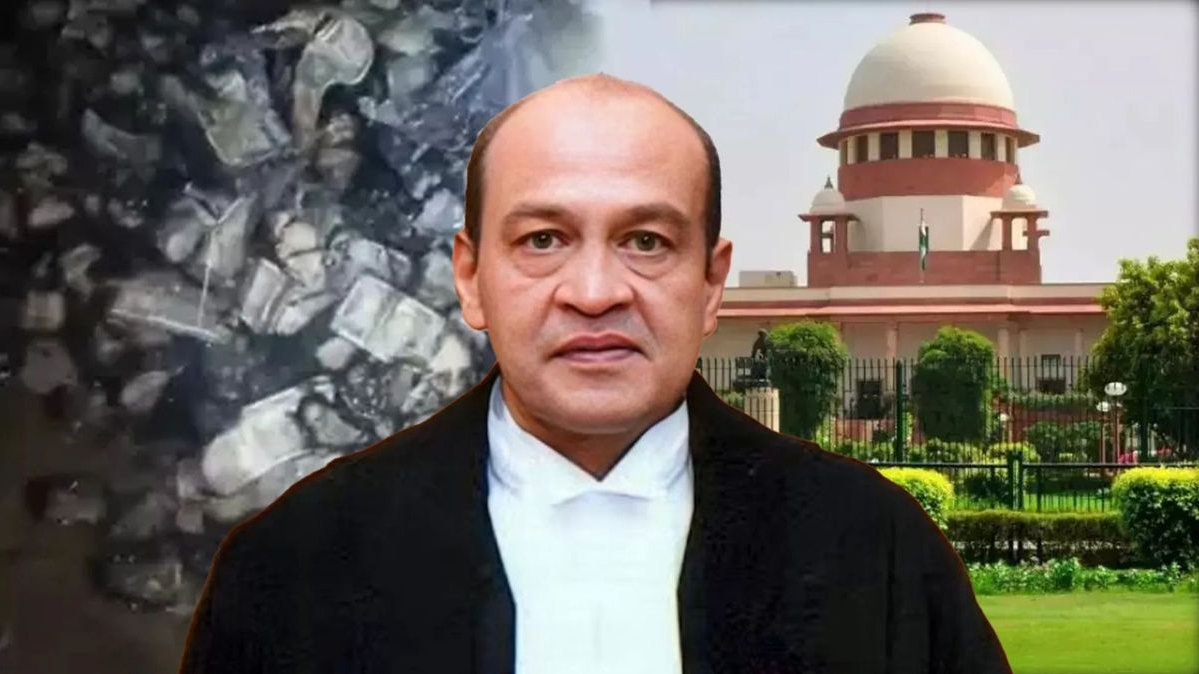

In a significant ruling with major implications for judicial accountability, the Supreme Court of India has dismissed a petition filed by Allahabad High Court Judge, Justice Yashwant Varma. The decision is a major setback for the judge, who was seeking to quash an internal inquiry report that indicted him in a "cash-at-home" scandal. This verdict effectively clears the path for Parliament to move forward with impeachment proceedings against him.
The controversy began when firefighters, responding to a fire at Justice Varma’s Delhi residence, discovered sacks filled with charred currency notes in an outhouse. This discovery prompted the Chief Justice of the Delhi High Court to flag the issue to the Chief Justice of India, leading to the formation of a special in-house inquiry committee to investigate the matter.
The committee, comprising three high court chief justices, conducted a thorough probe. While they found no direct evidence linking Justice Varma to the burned cash, their final report cited "strong inferential evidence" to conclude that the judge had "covert or active control" over the money. The panel determined that his conduct had "belied the trust" expected of a constitutional judge and recommended that he be removed from office through impeachment.
Justice Varma challenged this entire process, arguing that the in-house inquiry was illegal and that the then-CJI had acted unconstitutionally by recommending his removal to the President. However, a Supreme Court bench of Justices Dipankar Datta and AG Masih rejected these arguments.
The apex court held that the inquiry committee had carefully followed the established procedure and that its formation was not illegal. Furthermore, the court found no constitutional fault in the CJI’s action of sending the recommendation for removal to the Prime Minister and the President. While leaving the door open for the judge to raise challenges during potential future proceedings, the Supreme Court's decision validates the internal accountability mechanism of the judiciary and places the matter squarely in the hands of Parliament.